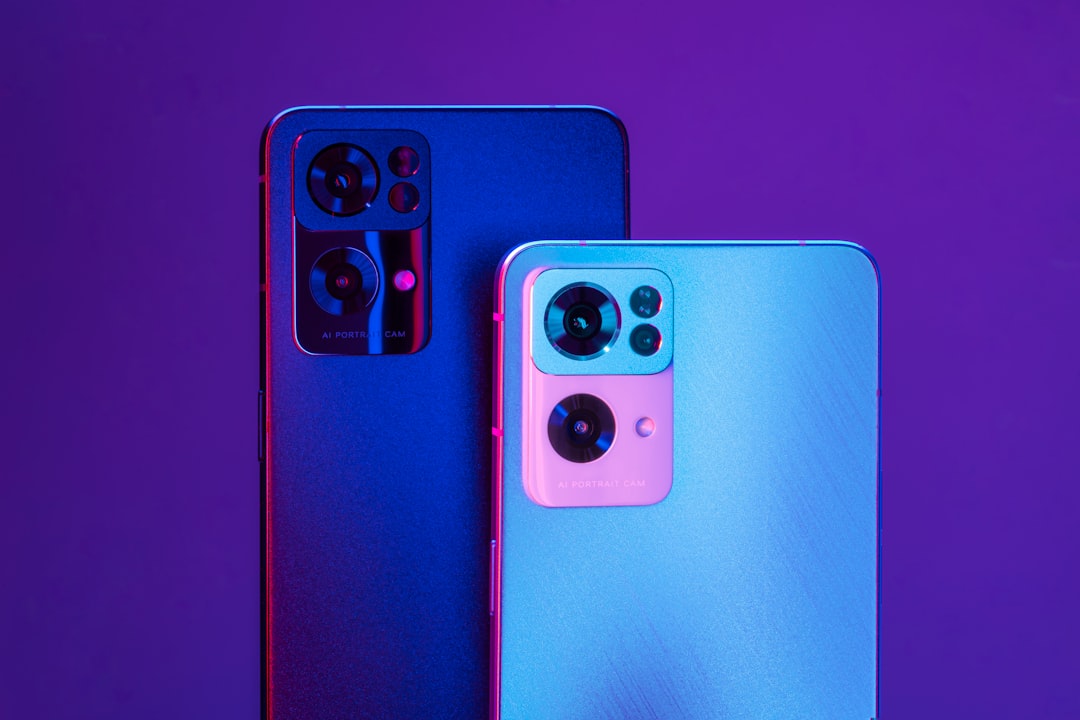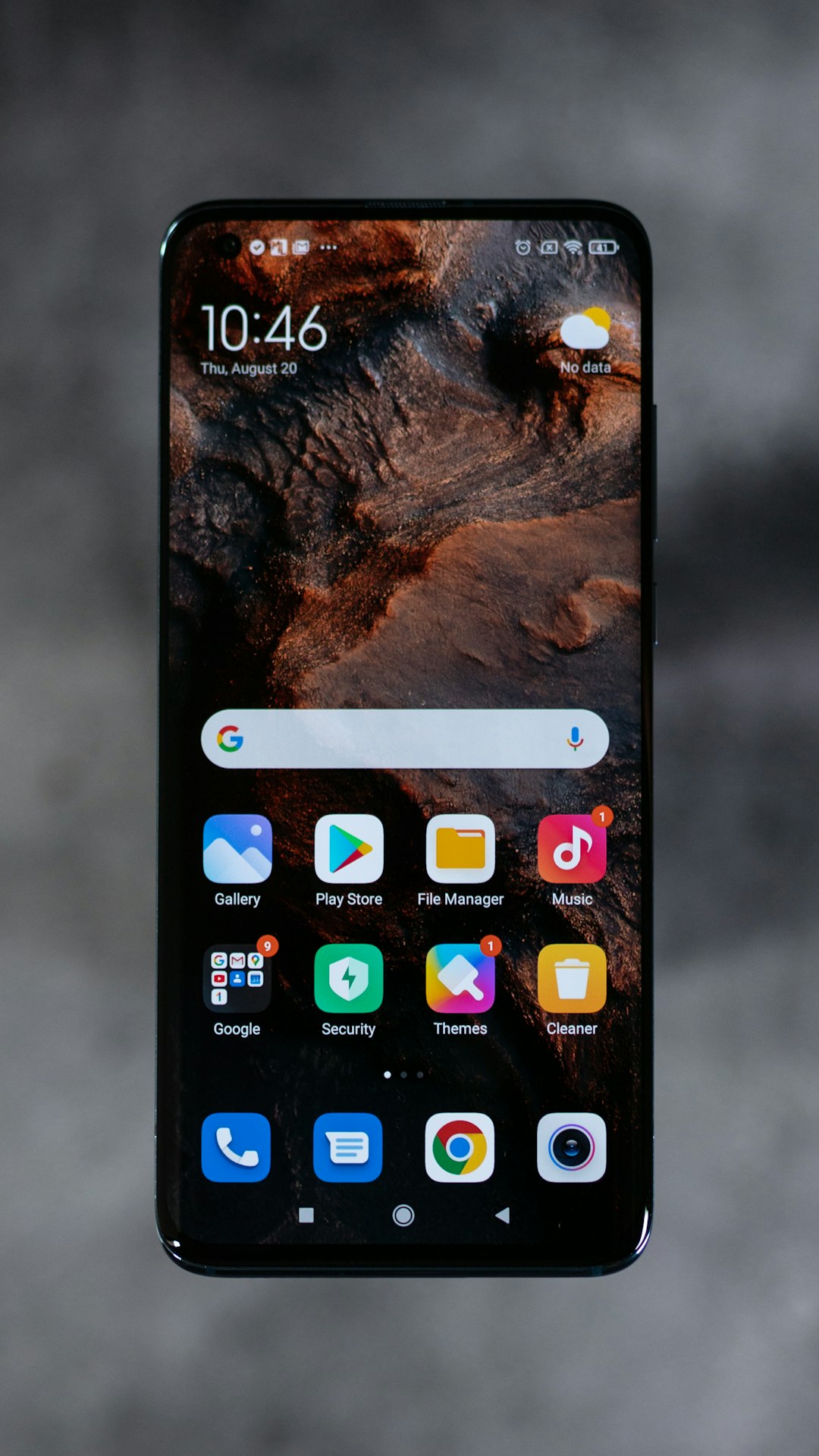North Carolina has strict robocall laws, with exemptions for political and non-profit calls. Residents can report spam to federal or state agencies and consult a robocall Attorney North Carolina for legal assistance. Advanced tools like machine learning and caller ID block calls and identify spammers. To combat spam, gather evidence, contact a local robocall Attorney North Carolina, and use online apps for call blocking and prevention.
Tired of relentless spam calls? North Carolina residents now have powerful tools at their disposal to fight back against unwanted automation. This guide explores your rights under state and federal robocall laws, outlines legal actions you can take against spam callers, and provides a step-by-step guide to reporting these intrusions. Discover effective blocking tools and learn how to protect your privacy with resources specifically designed for North Carolina residents. Connect with a robocall Attorney North Carolina to explore your options further.
Understanding Robocall Laws in North Carolina

In North Carolina, robocall laws are designed to protect residents from unwanted automated telephone marketing calls, commonly known as robocalls. These laws are regulated by the Federal Communications Commission (FCC) and the state’s Attorney General. Understanding these regulations is crucial for both consumers and businesses to ensure compliance.
North Carolina allows certain types of robocalls, such as those from political campaigns or non-profit organizations, but restricts others, particularly commercial calls without prior consent. A robocall Attorney in North Carolina can guide individuals on their rights and help them navigate these regulations effectively. Consumers can take action against persistent spam calls by reporting them to the state’s Attorney General and seeking legal advice to stop unwanted robocalls from reaching their phones.
Legal Actions Against Spam Calls

In North Carolina, as in many states, there are strict laws in place to combat spam calls and protect consumers. Legal actions against these unwanted phone calls can be taken through various avenues. If a person receives robocalls or other forms of automated telecommunications they believe to be spam, they have the right to file a complaint with the Federal Trade Commission (FTC) or their state attorney general’s office. These agencies actively investigate and take action against companies engaging in abusive telemarketing practices.
Additionally, North Carolina residents can consult with a robocall Attorney North Carolina to explore legal options. Legal professionals specializing in this area can help individuals understand their rights and take appropriate measures, including seeking damages for emotional distress or invasion of privacy caused by spam calls. Such actions not only provide recourse for victims but also serve as a deterrent to companies engaging in unsolicited telecommunications.
Tools to Block and Identify Spam

In the ongoing battle against unwanted robocalls, North Carolina residents now have powerful tools at their disposal to reclaim their phone lines. Many services offer robust spam-blocking features, employing advanced algorithms and machine learning to identify and filter out suspected robocalls before they reach your ear. These tools not only block calls but also provide insights into the sources of these nuisance calls, allowing users to take informed action against persistent spammers.
North Carolina residents can turn to various applications and services that specialize in call blocking, many of which are designed with the specific challenge of robocalls in mind. By integrating sophisticated caller ID systems, these tools can analyze and categorize incoming calls, distinguishing between legitimate contacts and spam attempts. For those facing relentless robocall attacks from attorneys or other persistent callers, these innovative solutions offer a much-needed respite, ensuring peace of mind during your daily interactions with your phone.
Reporting Spam: A Step-by-Step Guide

In North Carolina, reporting spam calls is a straightforward process that involves several simple steps. The first step is to identify the call as spam. Look for patterns like repeated calls from unknown numbers, automated messages, or unsolicited marketing. Once confirmed, the next step is to gather evidence. Save the call logs, screenshots of text messages, and any recordings if available.
After gathering this information, contact your local robocall Attorney in North Carolina. Most attorneys specializing in telecommunications law have processes for submitting official complaints. They can help ensure that the necessary authorities are alerted, providing a robust response to curb these nuisance calls. Additionally, they may guide you on legal options available to prevent future spamming incidents.
Protecting Your Privacy: Resources for Residents

In today’s digital era, robocalls have become a pesky nuisance for many North Carolina residents. Fortunately, there are resources available to help protect your privacy and block unwanted calls from persistent robocallers. A robust first line of defense is understanding your rights as a consumer under state and federal laws, which often empower you to register complaints and request action against these automated call services.
One key resource for North Carolina residents is consulting with a robocall attorney who specializes in telecommunications law. These legal professionals can guide you through the process of identifying and reporting spam calls, helping you navigate the intricate regulations surrounding telemarketing practices. Additionally, various online tools and applications offer blocking capabilities, allowing you to silence these unwanted intrusions and regain control over your communication channels.






